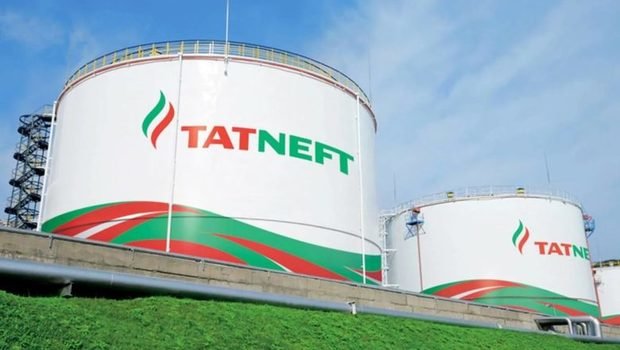Russian energy sector in search of cost-cutting innovations
Companies seek to reduce operational costs by using blockchain and other innovative technologies
The Russian energy sector is interested in new technologies but expects 100% reliability and security. In anticipation of new legislation on digital economy, some companies have already started testing blockchain, but projects still remain on a small scale. The Ministry of Energy is also looking into new technologies not affected by sanctions.
The use of blockchain technology could cut Russian energy companies' operational costs by 3-5%, says Platts adding that the impact may be eclipsed by other innovations, such as Big Data, the Internet of Things and Smart Wells. According to the Russian Ministry of Energy, many pilot projects introducing blockchain to Russia's energy sector are currently at the development and discussion stage. These projects could have a ''potentially significant'' impact on optimising oil and gas companies' costs, said the ministry.
Gazprom Neft became one of the blockchain pioneers in Russia: the oil producer has already tested the technology in its logistic processes for tracking the shipment of valves from Veliky Novgorod to Murmansk and delivery of other equipment to its Prirazlomnoye platform in the Pechora Sea. ''The successful implementation of the pilot project confirmed the possibility of using blockchain technology in supply chain management. Gazprom Neft is considering options to further use blockchain and utilise experience already gained,'' the company commented.
Experts consider that besides logistics, the technology could have a significant impact on the efficiency of hydrocarbon trading. Darya Kozlova, a senior consultant at Vygon Consulting, estimated that it could reduce time spent on transactions by almost a third and increase the availability and reliability of information. However, the implementation process will take at least 2-3 years as the infrastructure is not ready at the moment. Besides, the further development of blockchain use largely depends on new legislation that will cover Russia's digital economy and is meant to be passed later this year. Security is another critical issue for oil and gas producers: they want to be sure that new technologies are 100% reliable and tested. ''We need to remember that everything that gets in the network may be attacked, therefore the risks associated with cyber-security are very serious,'' commented Artyom Malov, senior analyst at the Skolovo Business School Energy Centre.

It is still difficult to assess potential cost savings due to a small scale of existing projects. Malov considers that ''utilization of blockchain technology may reduce operational costs by 3-5%". There is also a chance that blockchain's impact will be eclipsed by other technologies with a much bigger influence on the industry. For example, Tatneft managed to reduce costs at its Romashkinskoye field by almost 30% at a certain stage thanks to the use of ''intelligent fields'', according to Kozlova. Gazprom Neft is using digital replica technology at its Moscow refinery to monitor the condition of the plant, reduce the duration of repairs and downtime and optimise costs. Rosneft and Lukoil are using the same technology to test well operations and enhanced oil recovery.
The Ministry of Energy also stated that it was looking into new technologies: ''Currently the energy ministry is supporting a number of innovative projects: the creation of technology for the hydroconversion of heavy oil, creation of domestic technology and high-tech equipment to develop the Bazhenov formation, digital substations and many others.''